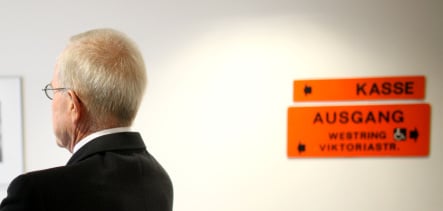Elmar Schulte, from the western city of Bad Homburg, was found guilty of six counts of tax evasion after depositing several million euros in Liechtenstein and failing to declare the interest made. He had made a full confession and already paid €7.6 million in back taxes and fines to German tax authorities.
According to the Westdeutsche Allgemeine Zeitung, German tax authorities have already recovered some €110 million in unpaid taxes connected with investments in the tiny Alpine principality, known for its banking secrecy. Public prosecutors are currently investigating 350 cases linked to the tax scandal, with 420 further suspects still waiting to be interviewed, according to the newspaper.
The inquiry, which started in Germany in February, led to allegations against the former head of the German postal service, Klaus Zumwinkel, and hundreds of other wealthy investors whose names appeared on a client list of the Liechtenstein bank LGT.
The German government has admitted paying more than €4 million to an informer for the client data from LGT. German authorities have also made the list of some 1,400 names available to other nations.
The United States, Britain, Australia, Italy, France, Sweden, Canada, New Zealand, Greece and Spain have all said they too are hunting for taxpayers hiding their money in Liechtenstein.



 Please whitelist us to continue reading.
Please whitelist us to continue reading.